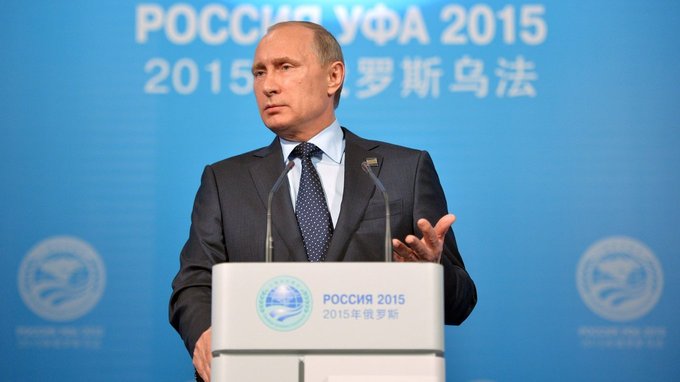Russian President Vladimir Putin has signed bills extending the timeline for capital amnesty in Russia until February 28, 2019, into law, according to official documents. The law will extend the possibility of voluntarily declaring assets and accounts in banks, RT reported.
The full amnesty for all funds returning to Russia follows an anti-offshore bill requiring individuals and businesses to report foreign profits. The bill was aimed at curbing the outflow of capital from Russia, which was estimated at over $2 trillion in recent years.
According to the documents published on the president’s website, during the second phase of the amnesty, set from January 1, 2018, till February 28, 2019, applicants would be able to declare their bank accounts and deposits in foreign banks by January 1, 2018.
They would also be able to declare their accounts and deposits opened before that date but closed before filing an application. The latter may be filed with any tax office or the Central Department of the Federal Tax Service.
The timeline for the liquidation of foreign companies will be extended until March 1, 2019.
The bills have been drafted by a group of lawmakers in furtherance of Putin’s initiatives suggesting this policy should be continued in 2018. They were adopted by the State Duma on February 9. The upper house of parliament, the Federation Council, approved the documents on February 14.
Voluntary declaration of assets and accounts in banks has started in Russia on June 1, 2015. Individuals had the right to submit to the tax authorities a special declaration with the information about the property, controlled foreign companies, accounts in banks located outside Russia.
That could be done in exchange for exemption from tax, administrative and criminal liability for tax and customs duties payment evasion and failure to comply with laws on currency regulation and currency control. The amnesty covers all revenues, operations, and transactions related to overseas assets and accounts.












